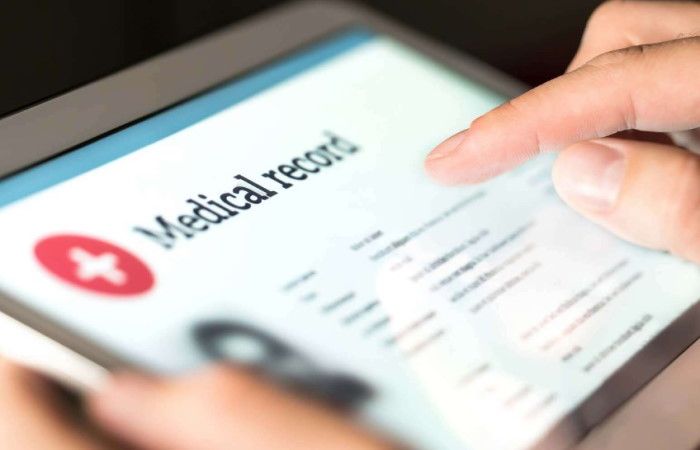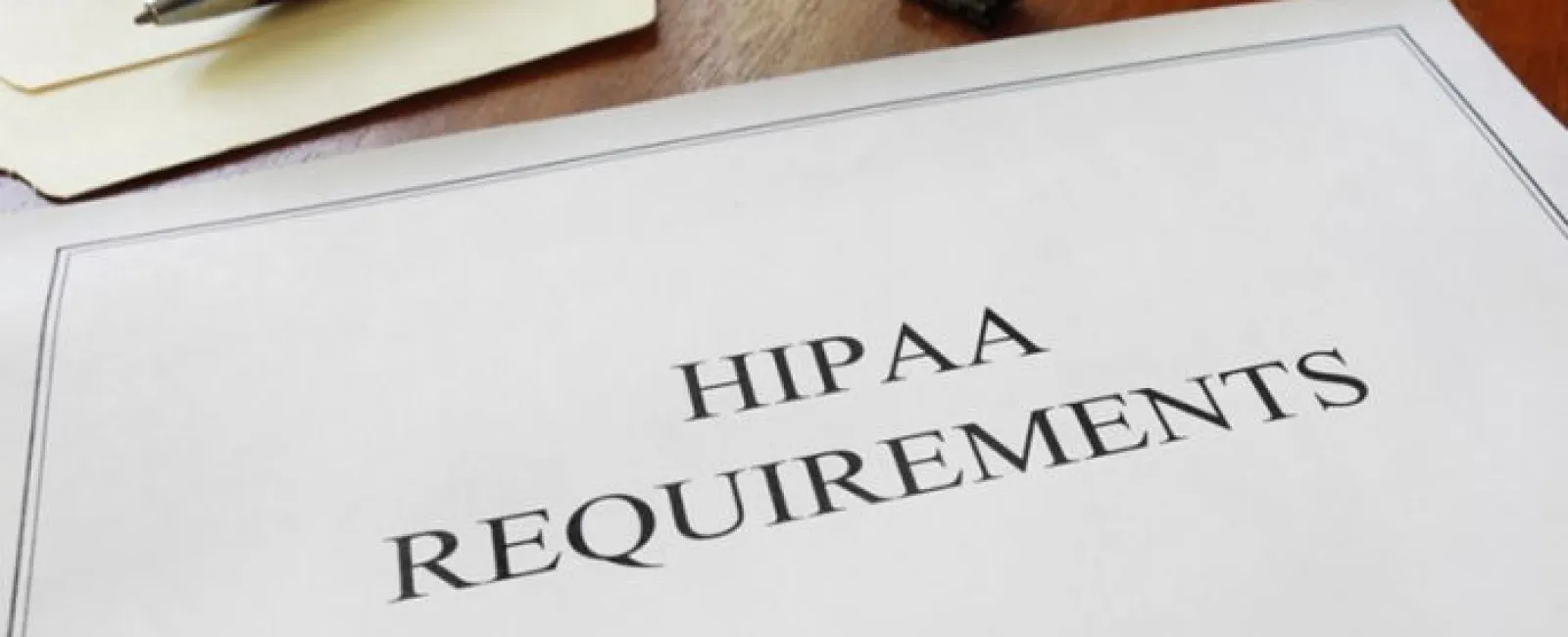There is no shortage of resources that explain the purpose of the HIPAA regulations. However, there is not enough that explain the potential impacts on healthcare professionals that fail to abide by them. It's important to shift the focus towards learning how HIPAA guidelines for healthcare professionals can benefit them personally and professionally, as well as make them advocates for quality patient care.
Introduction to HIPAA Guidelines for Healthcare Professionals
It's a fact: HIPAA was created to benefit patients. But these regulations were developed from the healthcare professional's perspective to serve as a guideline for the best practices when conducting their services. The goal is that HIPAA compliance among professionals will enable them to foster trust among their patients, such that the latter feels safer. This feeling of trust between patients and healthcare providers is known to be a critical factor in achieving improved patient outcomes.
This desired outcome is the leading reason why healthcare professionals must ensure HIPAA compliance. While healthcare professionals have the moral obligation to maintain the privacy and security of their patients and their corresponding health information, this is not always implemented. The latter could be due to a lack of knowledge or training. Hence, healthcare workers cannot avoid HIPAA as it standardizes the privacy and security of "protected health information." It sets the bar that all professionals in the industry must strive for.

Benefits of HIPAA Compliance for Healthcare Professionals
Trust is the most significant element in a patient-healthcare provider relationship. When patients come to you, they trust that you will be able to care for them and that you have their best interest in mind.
Healthcare professionals swear by a code of ethics that includes privacy and confidentiality, particularly involving the status of their health condition. HIPAA compliance is one way you can assure your patients that you desire to honor that trust they have placed in you. You want to guarantee them that you are responsibly collecting their health and personal information (such as medical history) to deliver optimal health outcomes.
The trust given by patients to healthcare professionals can also boost the latter's morale. It gives them confidence and in turn, allows them to provide better delivery of healthcare services. This is the part that makes the work of healthcare providers highly rewarding.
Since trust is a fragile commodity, it can be easily broken, such as in the case of a HIPAA violation. A data breach that compromises the patient's health and personal information breaks that trust you've worked hard to build. The consequences of non-compliance to the HIPAA regulations involve more than a breach of trust; it could also impact you personally and professionally.
Here are additional benefits that healthcare professionals can enjoy when they comply with HIPAA law:
It streamlines the administrative functions in healthcare organizations to increase efficiency and optimize performance.
It ensures protection for protected health information while assuring confidentiality of patient information.
It sets the standard for recording, sharing, and managing health data - manually or digitally.
It implements the same code sets and identifiers that are recognized among covered entities.
It ensures the delivery of superior patient care and improved patient health outcomes.
It makes your healthcare profession more rewarding.
Consequences of Non-Compliance
What happens when you fail to meet the HIPAA guidelines for healthcare professionals? As mentioned above, this can have personal and professional consequences.
The HIPAA law has detailed a sanctions' policy that would be inflicted upon the offending parties, which in this case would be the covered entities. Healthcare organizations are given the right to impose sanctions on their employees who do not comply with the policies and procedures of HIPAA. It is required for all healthcare professionals to ensure compliance at all times. The failure of the covered entity to impose those sanctions could result in a HIPAA violation and your organization could face a hefty fine for it.
Healthcare professionals can expect personal and professional consequences for a HIPAA violation. The worst-case scenario could result in the loss of your professional accreditation. If you lose your accreditation, it would be nearly impossible to secure another job in the industry.
In the case of a criminal conviction for a HIPAA violation, there is a rule that requires this to be reported to the media. This could ruin your personal and professional reputation.

How to Avoid Unintentional Violations of HIPAA
All covered entities by the HIPAA law must be responsible for providing the training and education necessary to ensure compliance with the policies and procedures applicable to them. While it is not possible to train for every possible scenario or violation, a general understanding of the HIPAA rules and regulations should suffice in most cases.
Unintentional violations are also common. However, they do stem mostly from a lack of knowledge. Again, this can be prevented with a thorough risk assessment. The risk assessment is a helpful preventive step that could identify threats to the protected health information and address them before the threat is acted upon.
The best way to go about your training for employees is to identify the different roles and responsibilities of every individual. This approach will enable you to map out the potential threats at every user level. You can then train according to the tier level of each user to ensure they have in-depth knowledge relevant to their assigned roles. The training must be "appropriate and necessary" for each user.
You can also find third-party training courses for HIPAA compliance. Feel free to use them if you want to ensure that you don't commit unintentional violations of the rules and regulations. This will enable you to focus on the delivery of improved patient outcomes and maintain high morale in your organization.
Conclusion
The HIPAA law might be complex given that it comprises many interlocking regulations. However, it is your responsibility as a healthcare professional to understand and implement these policies and make it a living culture. These regulations are specified for a reason: to safeguard the privacy and safety of your patients. Therefore, you must use the HIPAA guidelines for healthcare professionals to ensure the confidentiality of this information and maintain your practice.

